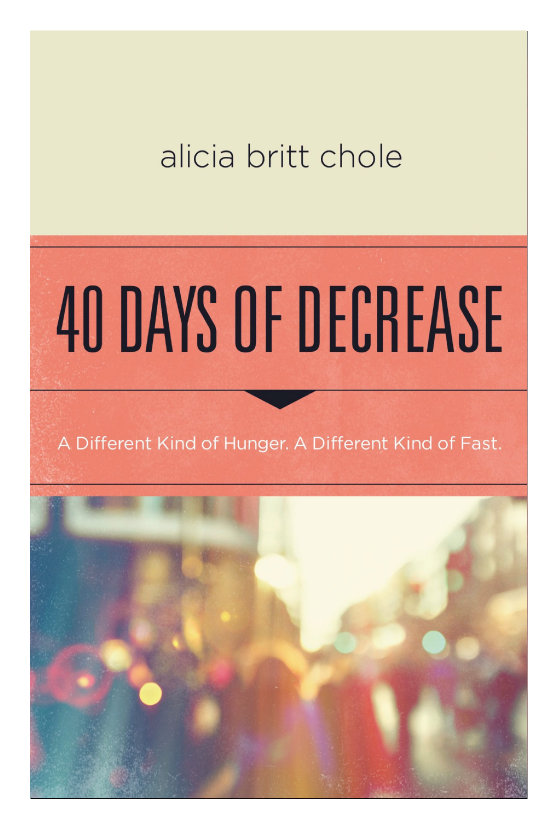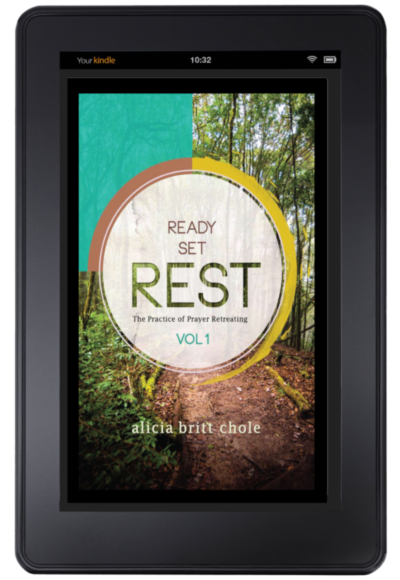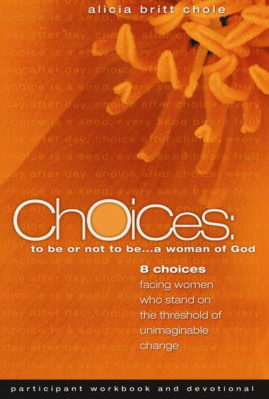In 2000, I was asked to speak on the theme of “Jesus, Hope for a New Millennium.” In preparation, I did a cover-to-cover word study on hope. It was fabulous (I love studying), enlightening, and increasingly uncomfortable.
In my sermon notes, I wrote down what I felt God impressing upon my heart during the study: “Yes, child, hope is the theme you’re articulating, but I question whether it’s the life you’re living.” So I began to ask myself, Do I really live as though my hope and the world’s hope for the future is Jesus Christ?
I invite you to consider your working definition of the word via two steps:
Step One: How do you most often use the word hope? Pay attention over the next few days to when the word hope appears in your thoughts and conversations.
Step Two: Imagine someone observing your life with your self-interpretation muted. They can see your actions and attitudes, how you spend your time and your life, but without any accompanying language or explanation. Based upon what they could see: what would they think your true hope is for yourself and for the world? How would they fill in this blank: ______ is trusting in ______ for their present and future.
In my NIV Study Bible, hope appears in various forms 186 times. Three of the 186 occurrences represent insertions for clarity. The remaining 183 appearances are translated from one Aramaic word, sixteen Hebrew words, and six Greek words. With regard to frequency, the Psalms and Job speak about hope most often in the OT and Romans and Acts speak about hope most often in the NT.
Today, the word hope is often used as a synonym for wish, as in when we hope to see that movie or we hope next year is lighter. Not infrequently, Biblical translators used the word in the same way, especially in the NT, such as when Herod “hoped to see [Jesus] perform some miracle.” (Luke 23:8) These instances were not the focus of my study.
Instead, I examined hope as a substance or as an action. Theologically, the prepositional emphasis of hope used in these ways is in not for. The difference is profound. Saying that we hope for rain or marriage or a job, is a very different matter than saying that we hope in rain or marriage or a job. Scripture’s focus—directly stated or by implication—is what people hope in.

Do not snatch the word of truth from my mouth, for I have put my hope in your laws. (Psalm 119:43)
Command those who are rich in this present world not to be arrogant nor to put their hope in wealth, which is so uncertain, but to put their hope in God, who richly provides us with everything for our enjoyment. (1 Tim 6:17)
[Jesus to religious leaders] “But do not think I will accuse you before the Father. Your accuser is Moses, on whom your hopes are set.” (John 5:45)
Piety, blameless ways, wealth, God, Moses…we have many different hopes. From what Jesus says in John 5:45 above, it seems that we will be accused by whatever we have placed our hope on/in. Sobering. So until the next blog, I invite you to take note of what you hope for and, especially, what you hope in.






